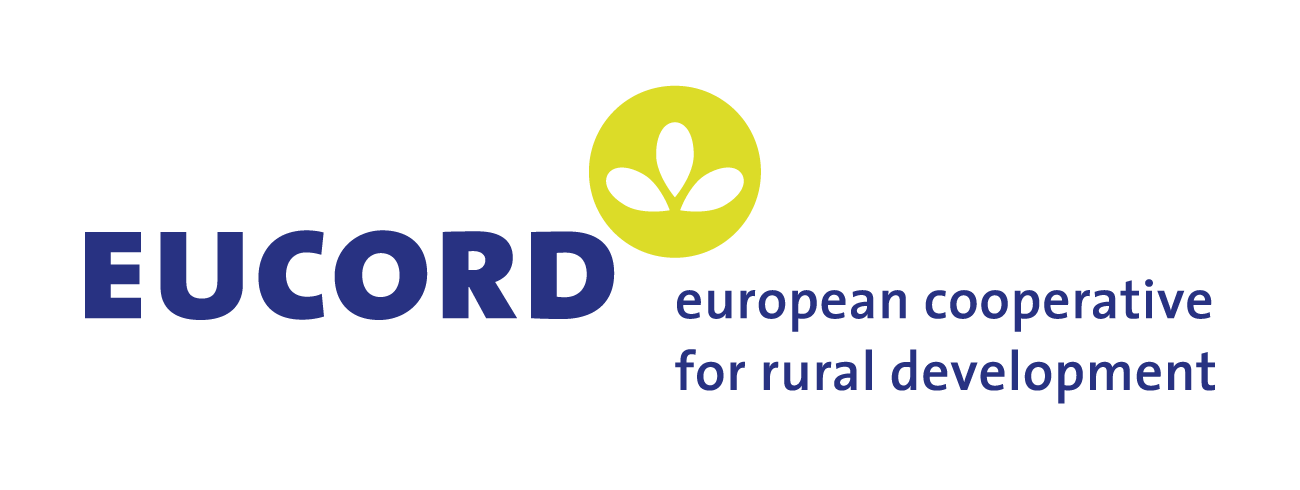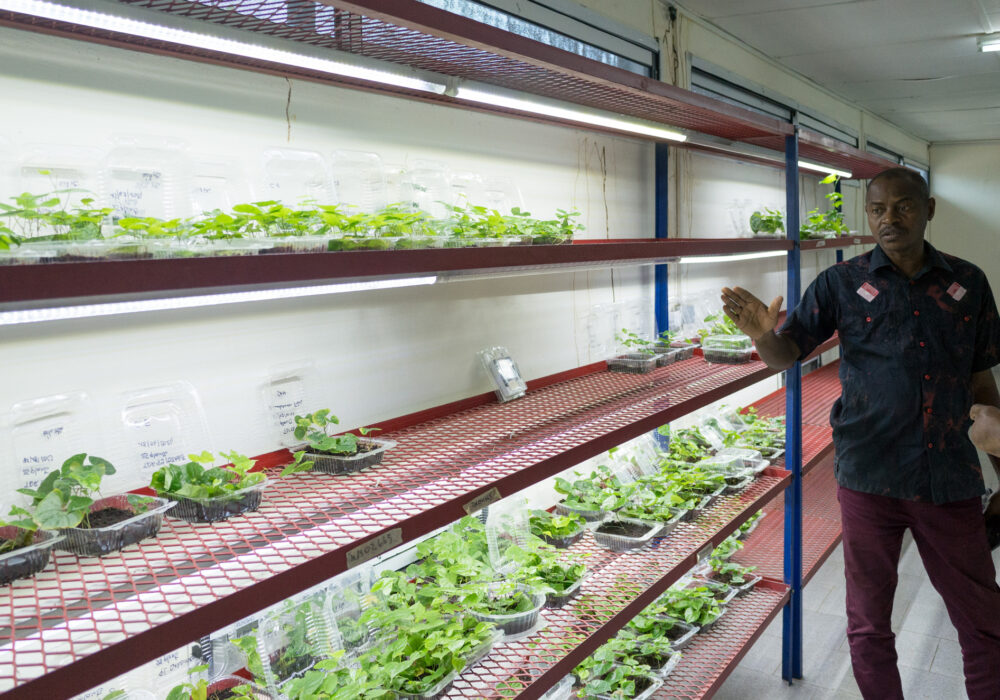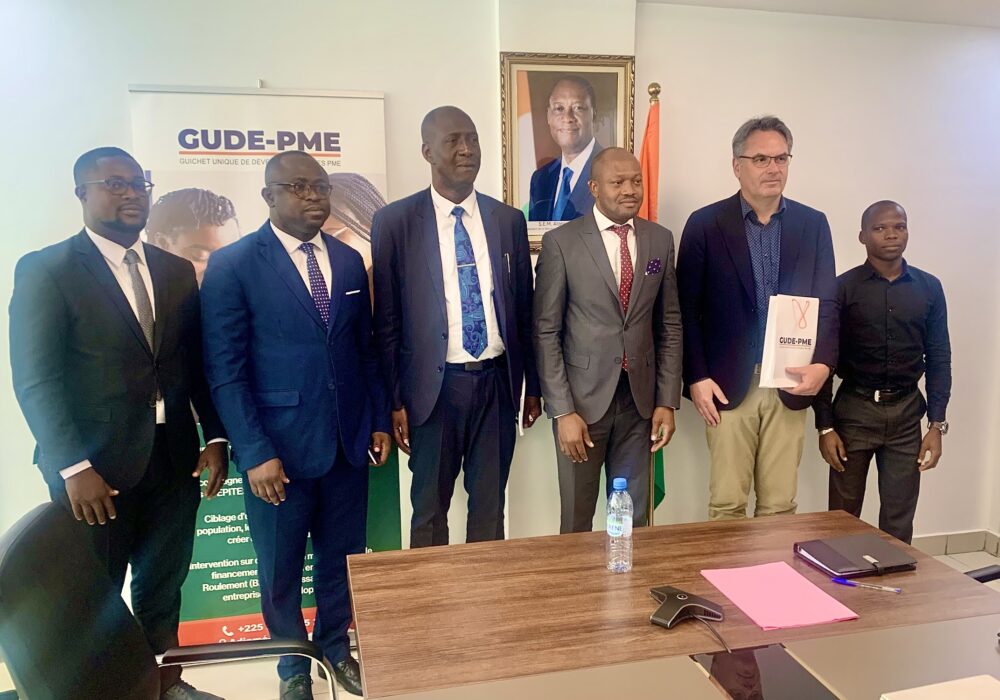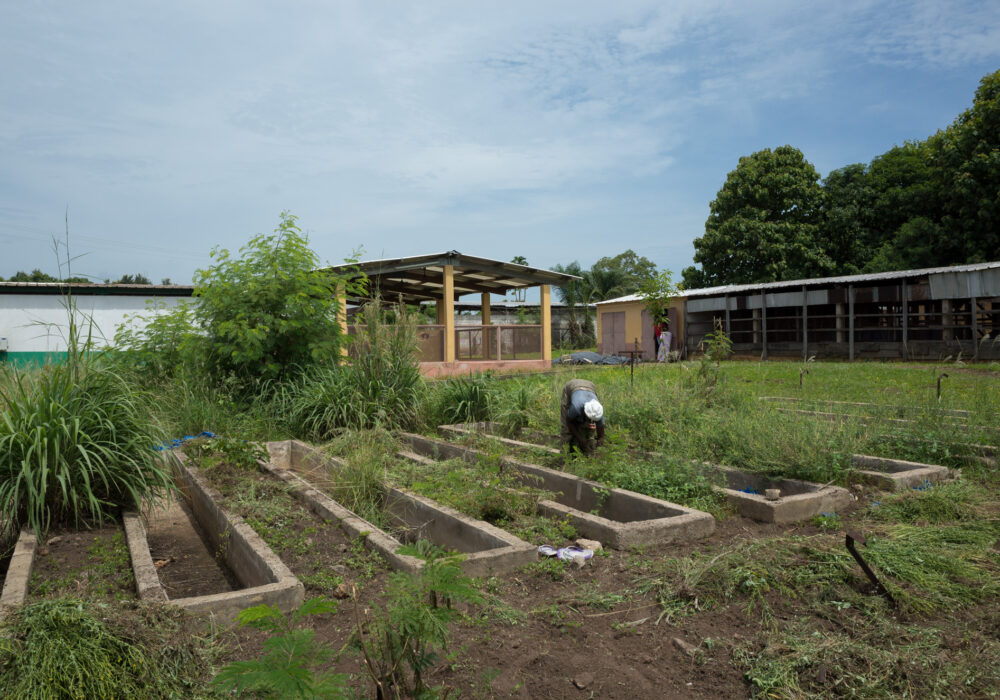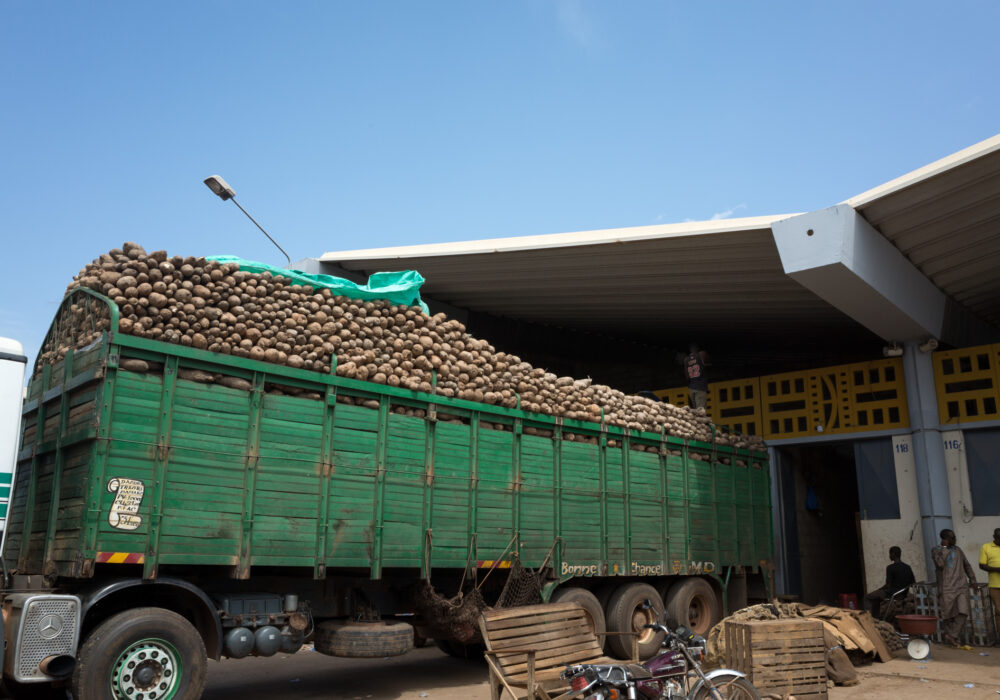Ivory Coast, 2024
Client: Government Single Window for SME Development (GUDE-PME)
What we did
EUCORD conducted an assessment of the potato value chain and engaged with key stakeholders including ANADER, CNRA, producers, traders, and others involved in potato production. Potential benefits of a potato project were also discussed with partners and donors to assess their willingness to support the initiative. Furthermore, a risk evaluation was done to identify potential risks that could affect the effectiveness and sustainability of the project, and a roadmap was designed in collaboration with GUDE-PME to support the potato value chain in Côte d’Ivoire. Some of the key points outlined were the introduction of improved potato varieties, a review of the main potato-producing regions, their market potential, and production capacity. Additionally, a market analysis, a study of logistical aspects for consolidating commercially viable tonnages, and an assessment of post-harvest handling and storage issues were conducted.
Conclusions
Northern Côte d’Ivoire has favorable conditions for potato production due to its coolness during the dry seasons, available irrigation, suitable soils, interested producers, and proximity to markets like Korhogo and Bouaké. It will be crucial to identify early maturing, drought-resistant, disease-resistant, and high-yielding potato varieties in order to achieve good yields during the dry season.
It is recommended to implement a pilot project which would focus on assessing the economic viability of potato cultivation in northern Cote d’Ivoire on a small scale (50-100 ha). Activities could comprise:
- Conduct multi-location trials with CNRA to identify varieties adapted to agroecological conditions and consumer needs.
- Identification of interested producers with access to irrigation and suitable land with access to water.
- Popularization of the most promising varieties and technical support for producers (in collaboration with ANADER and others).
- Financial support for producers for the purchase of inputs (seeds and other inputs) and equipment.
- Farmer to market linkages in collaboration with both public and private actors.
